Understanding your family medical history is more than a casual conversation at family gatherings; it’s a crucial component of your personal health journey. This knowledge serves as a roadmap, guiding you through potential health risks and preventive strategies. It’s about piecing together a puzzle that reveals the bigger picture of your genetic inheritance and its impact on your health. By delving into the depths of your family’s health history, you equip yourself with powerful information that can shape your health decisions and lifestyle choices, potentially altering the course of your own medical future.
Contents
- Understanding Your Family Medical History
- Genetics And Health: Exploring The Connection
- Common Hereditary Conditions To Watch For
- The Role In Preventive Health Care
- Communicating With Healthcare Providers
- Family Medical History And Mental Health
- Challenges And Limitations
- Ethical And Privacy Considerations
- Empower Your Health Journey With Your Family Medical History
- Related
Understanding Your Family Medical History
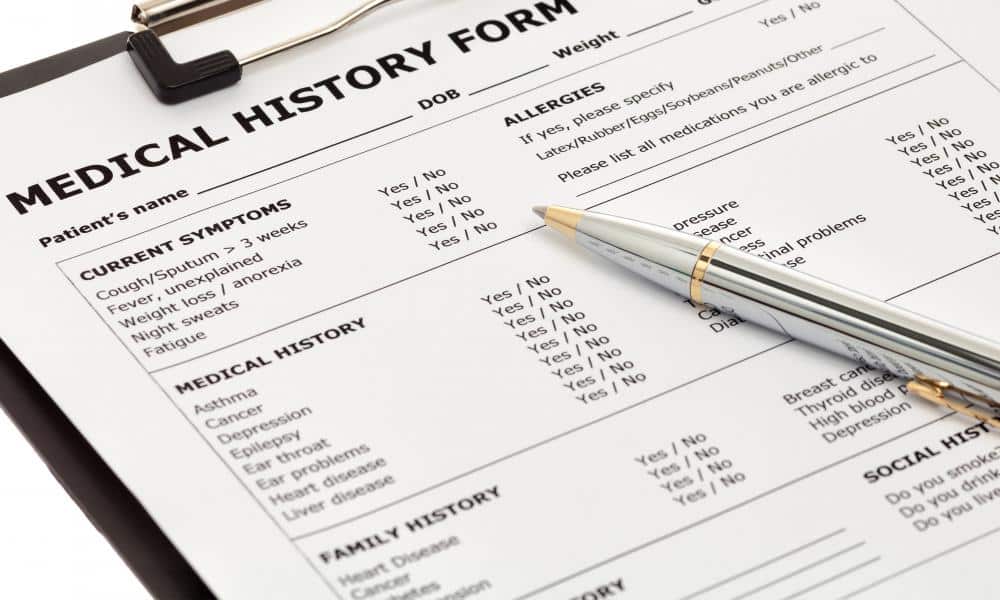
Family medical history is an integral part of your health profile, encompassing a record of health information about your immediate and extended family. It includes details about chronic diseases, genetic conditions, and even the age and cause of death of relatives. This information paints a picture of potential health risks that are passed down through generations. Gathering this data involves engaging in conversations with family members, which can sometimes be sensitive or challenging, but it’s a crucial step in understanding your health landscape.
The process of collecting your family’s medical history is akin to detective work. It requires asking specific questions about each relative’s health history, including illnesses they have or had, their age at diagnosis, and lifestyle factors that might have contributed to their health conditions. It’s also important to consider environmental and lifestyle factors, such as diet and exposure to toxins, which can interact with genetic predispositions. This comprehensive approach helps in creating a detailed and accurate family health portrait.
Genetics And Health: Exploring The Connection

The intricate relationship between genetics and health is a key aspect of understanding your family’s medical history. Genes play a significant role in determining your risk for certain health conditions, such as heart disease, diabetes, and various forms of cancer. Knowing your genetic predisposition can be a powerful tool in early intervention and prevention strategies. It’s not just about identifying risks; it’s about understanding how your body might respond to different health challenges.
This connection, however, doesn’t imply a deterministic fate. While genetics can increase the likelihood of certain conditions, they don’t guarantee their occurrence. Lifestyle choices and environmental factors also play a significant role in your overall health. For instance, someone with a family history of heart disease might benefit from a heart-healthy diet and regular exercise to mitigate their risk. This blend of genetic knowledge and proactive health choices creates a balanced approach to personal health care.
Common Hereditary Conditions To Watch For
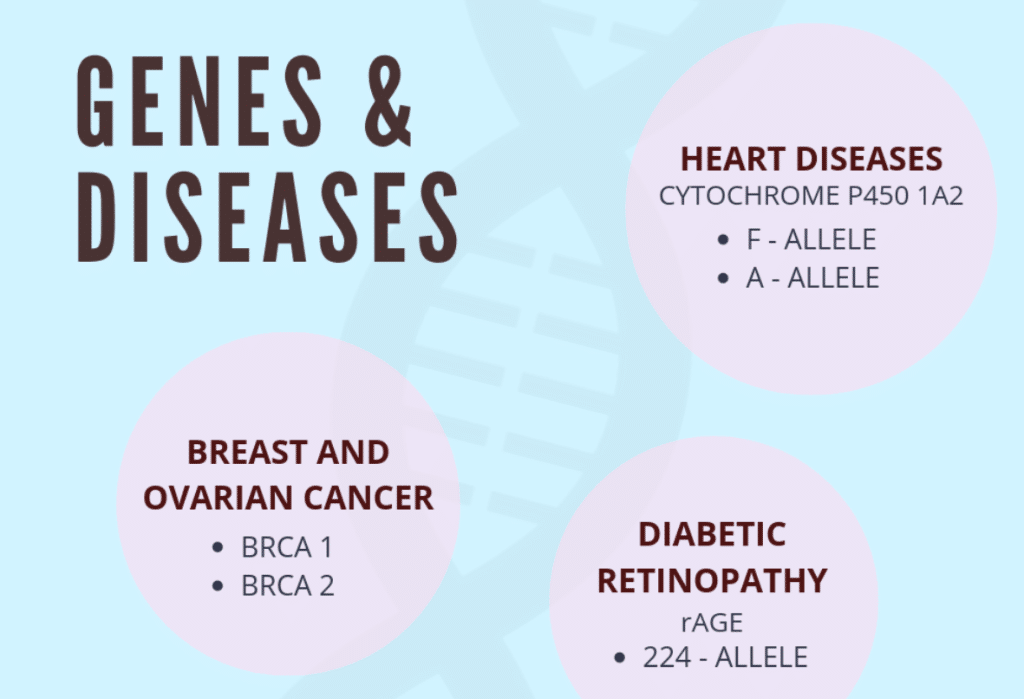
Certain health conditions have a stronger hereditary link and warrant closer attention. Heart disease, for example, often runs in families, and a history of heart-related issues can indicate a higher risk for similar problems. Similarly, diabetes, particularly Type 2, has a notable familial trend. Understanding these patterns can prompt earlier and more frequent screenings, potentially catching issues before they become severe.
Cancer is another significant concern in family medical histories. Various types of cancer, including breast, ovarian, colon, and prostate cancer, can have hereditary links. Awareness of a family history of cancer can lead to more vigilant monitoring and, in some cases, genetic testing to assess risk levels. This knowledge doesn’t just help in early detection; it can also guide lifestyle choices and preventive measures, such as diet and exercise, that can reduce the risk of developing cancer.
The Role In Preventive Health Care

Your family medical history is a vital tool in preventive health care. It helps in tailoring health screenings and tests according to your specific risk factors. For instance, if there’s a history of high cholesterol or hypertension in your family, regular monitoring of these conditions can become a priority in your healthcare plan. This personalized approach to health care ensures that you are not just treated for current conditions but are also protected against potential future health issues.
Moreover, this knowledge empowers you to make informed lifestyle choices. If your family history indicates a high risk of certain conditions, adopting a healthier lifestyle can be a proactive way to reduce your risk. This might include dietary changes, increased physical activity, or avoiding certain environmental risk factors. By understanding the specific health risks inherent in your family history, you can take control of your health and potentially alter the trajectory of your own medical future.
Communicating With Healthcare Providers

Effectively sharing your family medical history with healthcare professionals is crucial for optimal care. This information can significantly influence the decisions your healthcare providers make regarding diagnostics, preventive strategies, and treatments. It’s essential to present this information clearly and comprehensively, ensuring that your healthcare team has a full understanding of your background. This might involve creating a documented history or simply having a detailed discussion during your appointments.
The impact of this communication can be profound. For instance, if you have a strong family history of a particular condition, your doctor might recommend earlier or more frequent screenings than typically advised. This proactive approach can lead to early detection and more effective treatment. Additionally, being open and thorough with your healthcare providers about your family’s medical history can help them tailor their advice and care plans to your specific needs, enhancing the overall quality of your healthcare experience.
Family Medical History And Mental Health
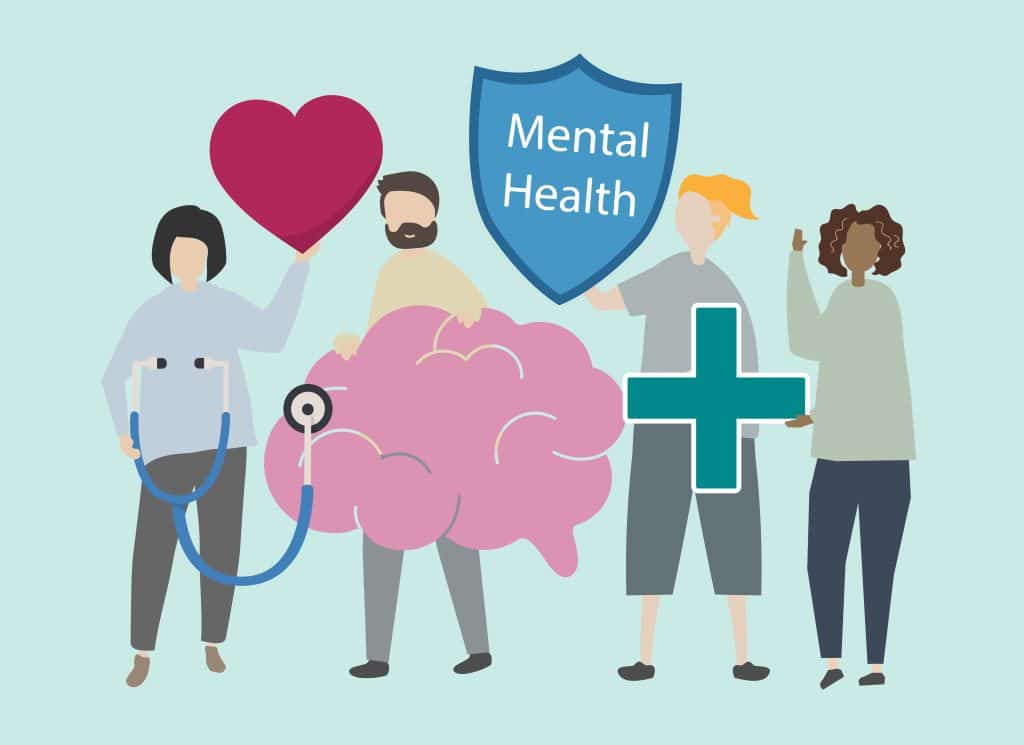
The hereditary aspects of mental health conditions are often overlooked in discussions about family medical history. Yet, conditions like depression, bipolar disorder, and schizophrenia can have strong genetic components. Being aware of your family’s mental health history is crucial, as it can provide insights into your own mental health risks. This awareness can lead to early intervention, support, and treatment, which are vital for managing mental health conditions effectively.
Understanding your family’s mental health history can also help in breaking down the stigma associated with these conditions. It opens up avenues for open conversations and support within the family, fostering a more understanding and supportive environment. Moreover, this knowledge can guide healthcare providers in creating a more comprehensive and personalized care plan for you, considering both physical and mental health aspects.
Challenges And Limitations
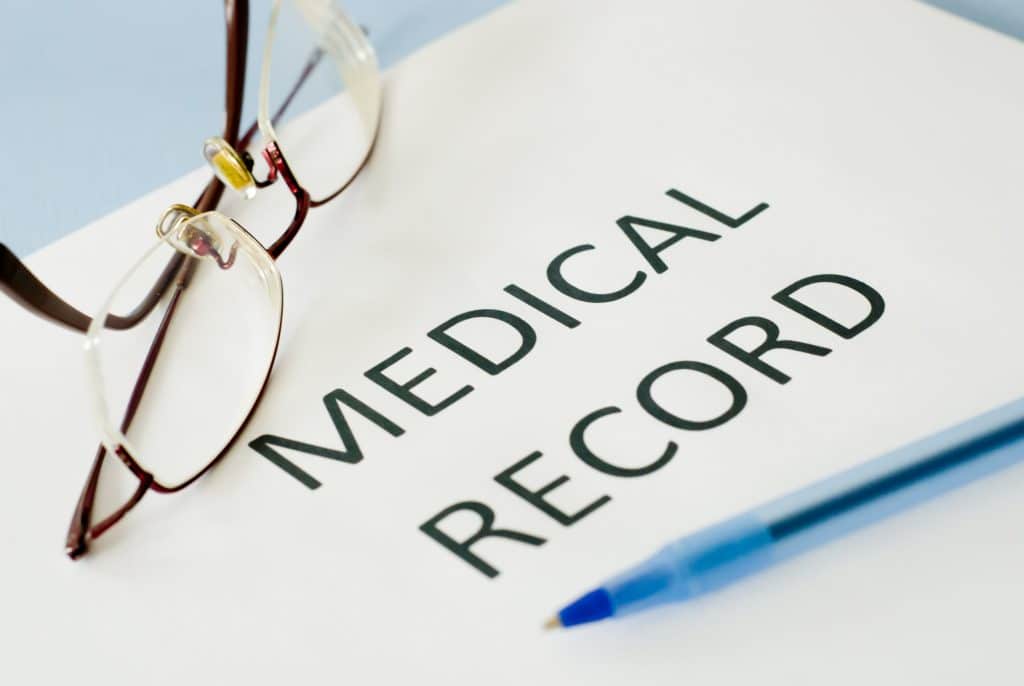
Obtaining an accurate and complete family medical history can sometimes be challenging. Issues like adoption, estrangement, or lack of communication within families can lead to gaps in information. In such cases, it’s crucial to gather as much information as possible and communicate these limitations to healthcare providers. Additionally, for some individuals, there may be a lack of detailed medical records or knowledge about the health of their ancestors, which can make piecing together a complete history difficult.
Moreover, it’s crucial to understand the limitations of family medical history. Not all health conditions are hereditary, and having a family history of a particular disease does not guarantee that you will develop it. Environmental factors, lifestyle choices, and random genetic mutations also play significant roles in an individual’s health. Therefore, while family medical history is a valuable tool, it should be considered as part of a broader health assessment that includes personal medical history, lifestyle, and environmental factors.
Ethical And Privacy Considerations
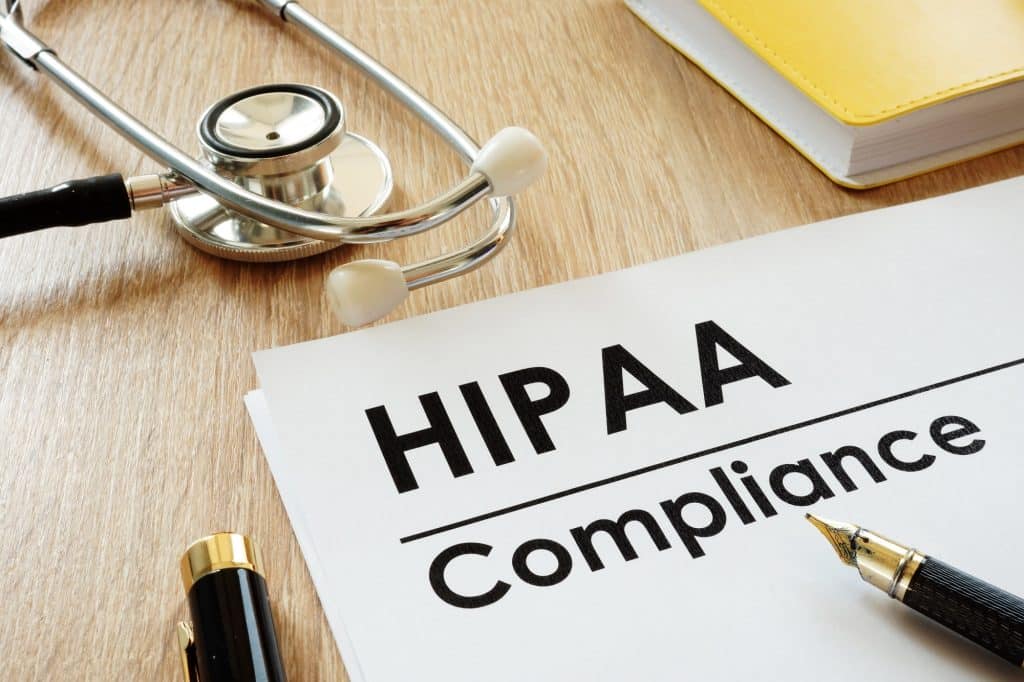
Navigating the ethical and privacy aspects of sharing family medical history is important. When collecting information from relatives, it’s essential to approach these conversations with sensitivity and respect for privacy. Family members may have concerns about disclosing personal health information, and it’s important to assure them that the information will be used responsibly and confidentially.
In addition, when sharing this information with healthcare providers, it’s important to be aware of privacy laws and regulations, such as HIPAA in the United States, which protect personal health information. Understanding your rights and the rights of your family members regarding health information privacy is crucial. This knowledge ensures that the sharing of family medical history is done ethically and in compliance with legal standards, safeguarding the privacy and dignity of all involved.
Empower Your Health Journey With Your Family Medical History
Delving into your family medical history isn’t just about understanding your past; it’s about actively shaping your future health. This journey of discovery offers invaluable insights that can significantly influence your wellness and medical care. So, take the initiative: engage with your family, document your medical history, and discuss it with your healthcare providers. By embracing this knowledge, you become an advocate for your health, ready to navigate the future with informed confidence and proactive care.


